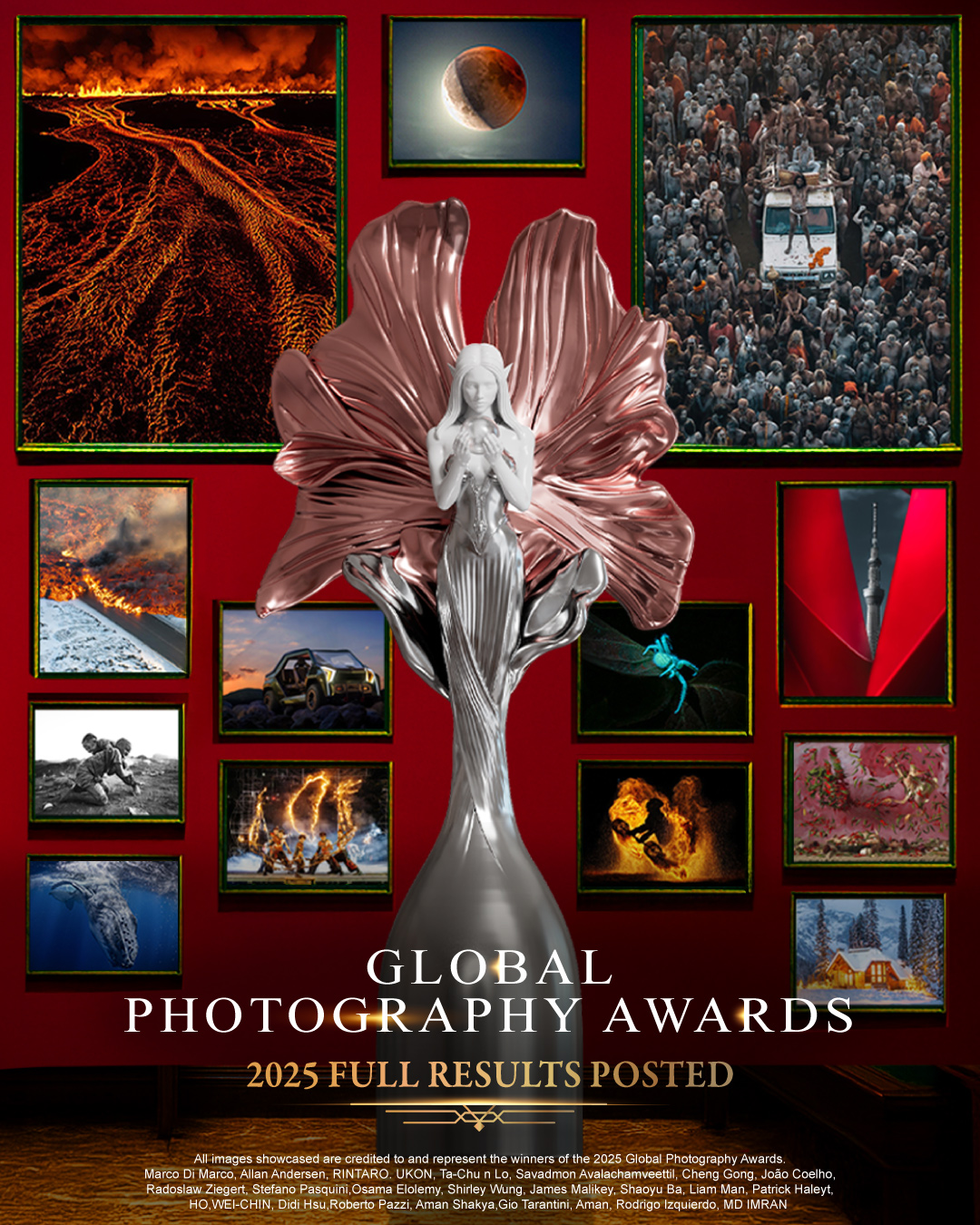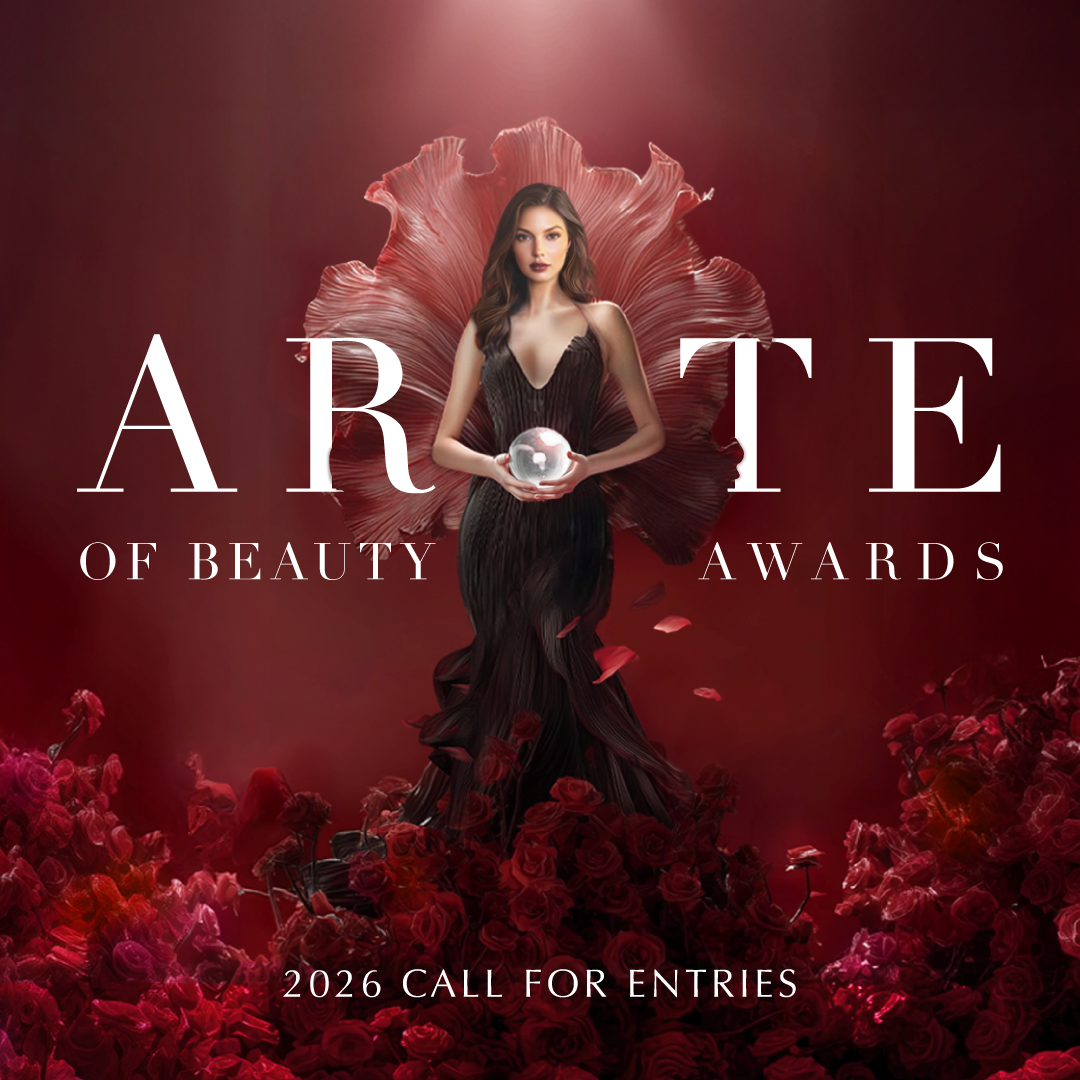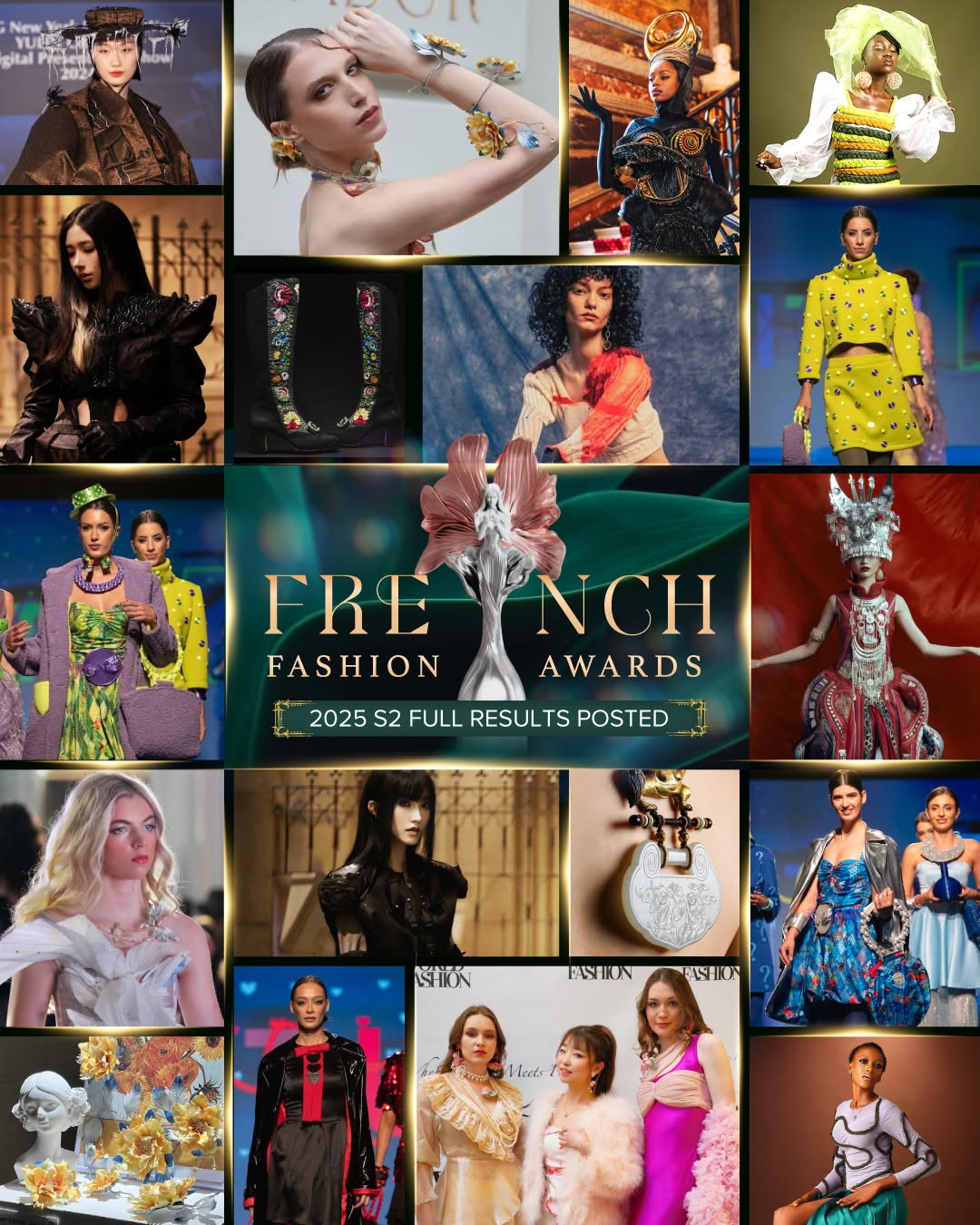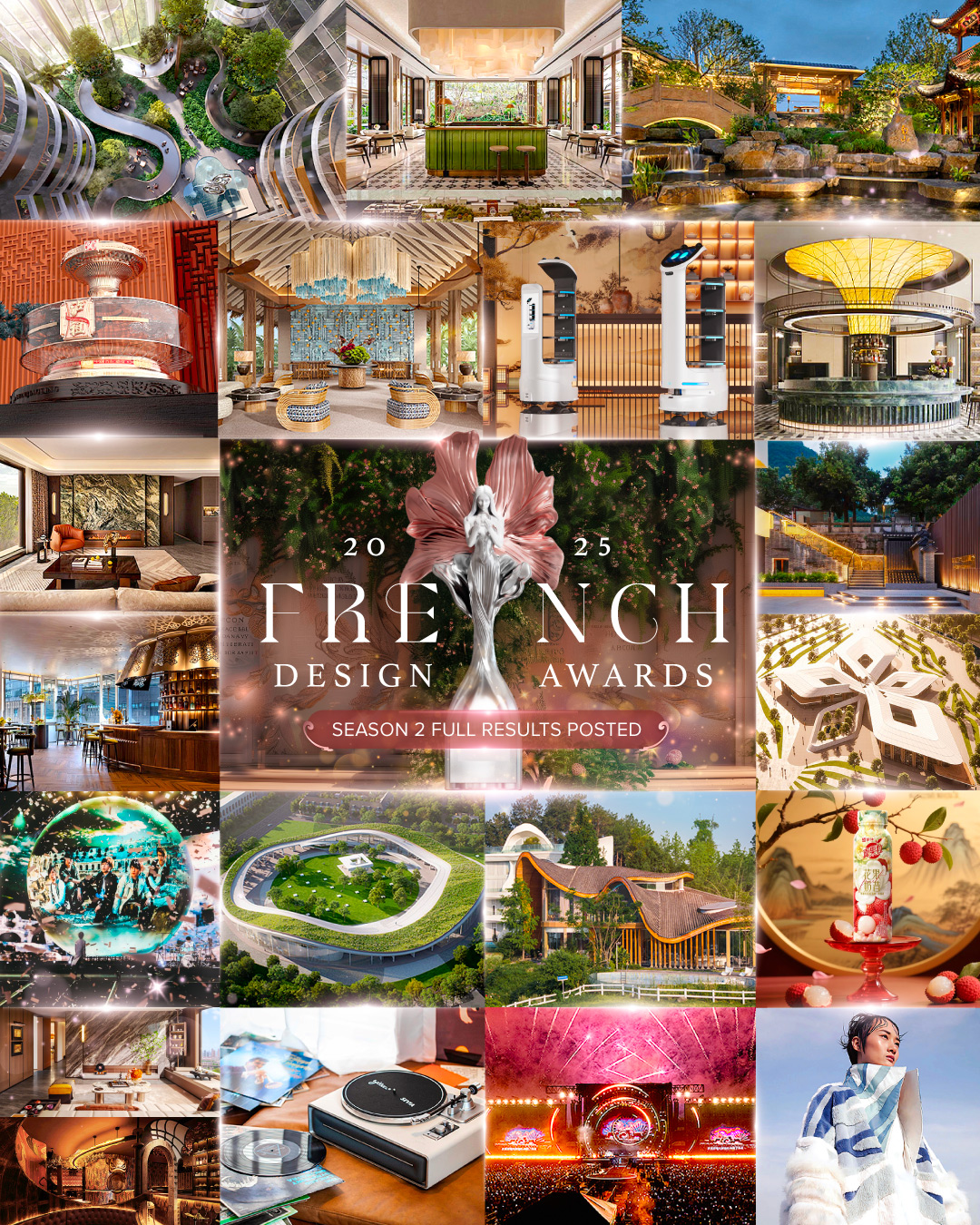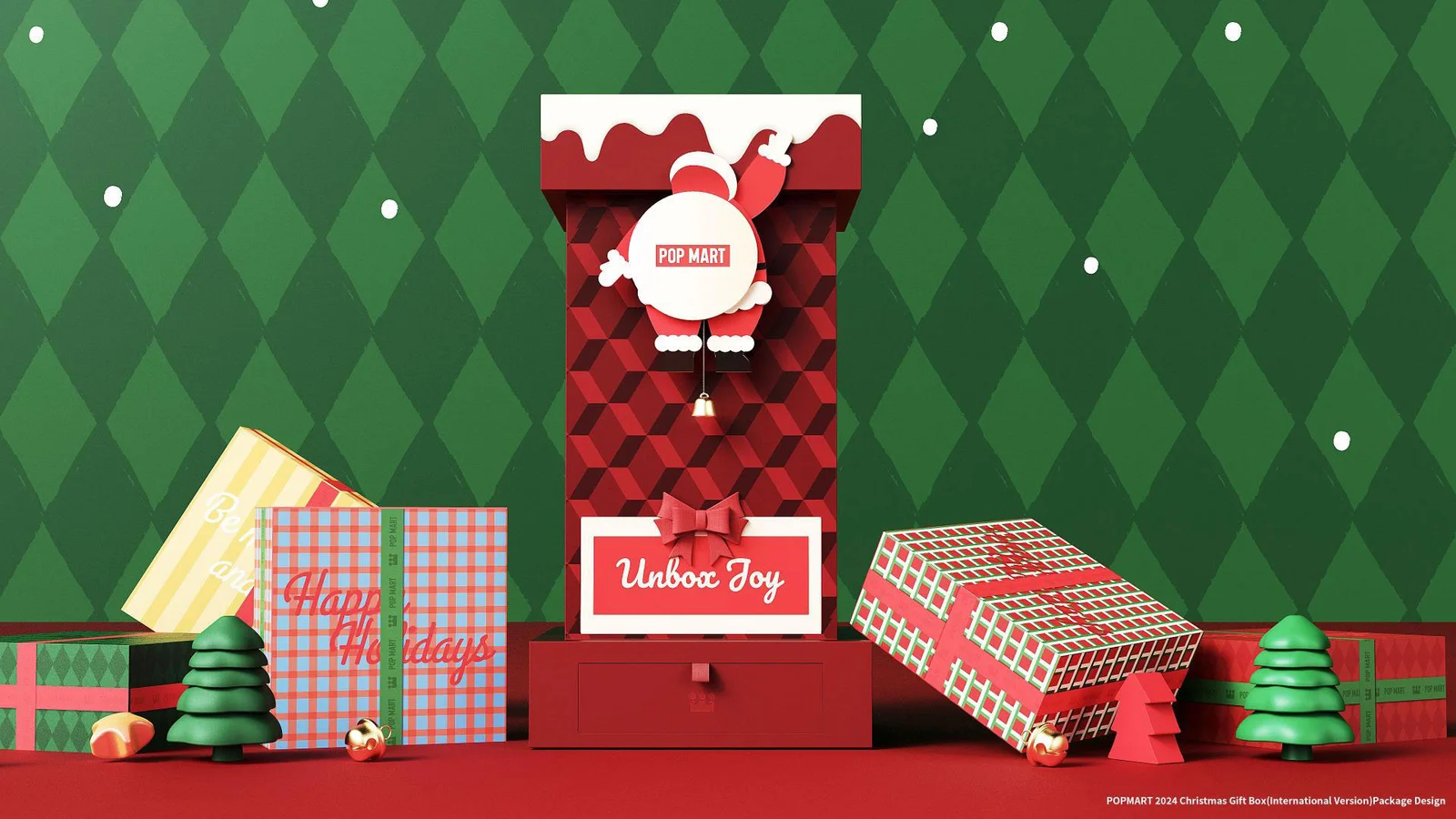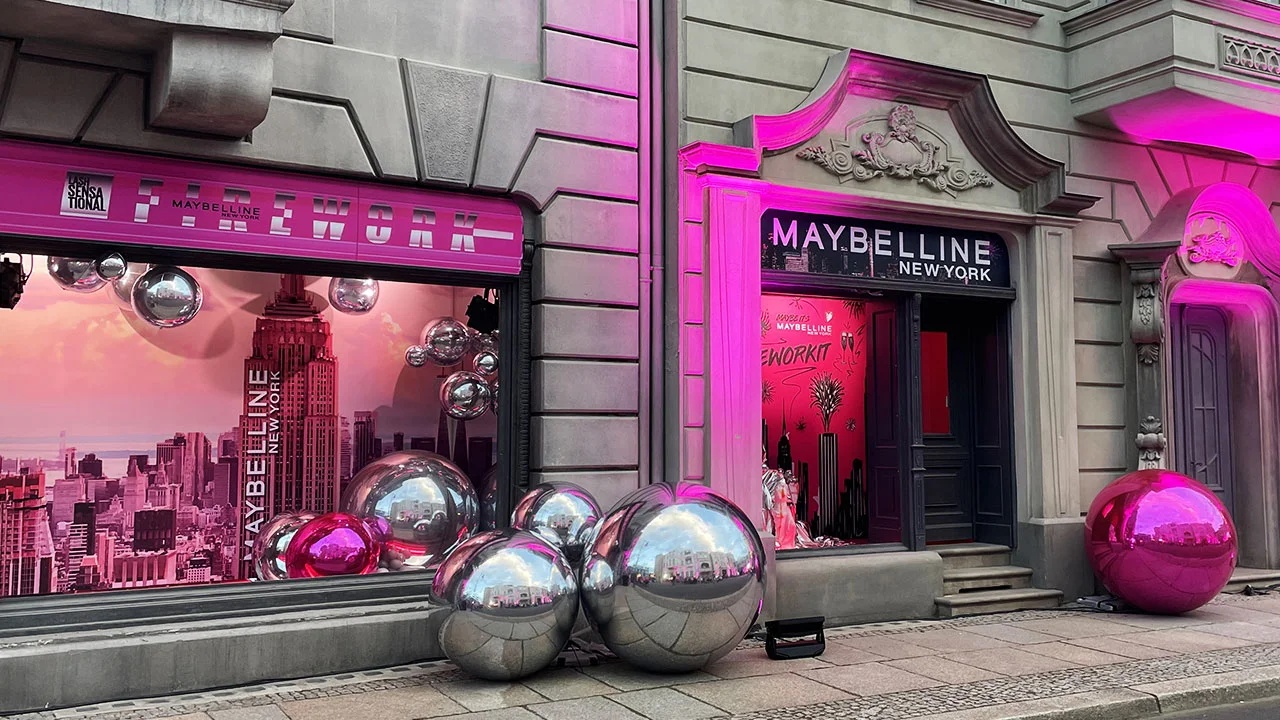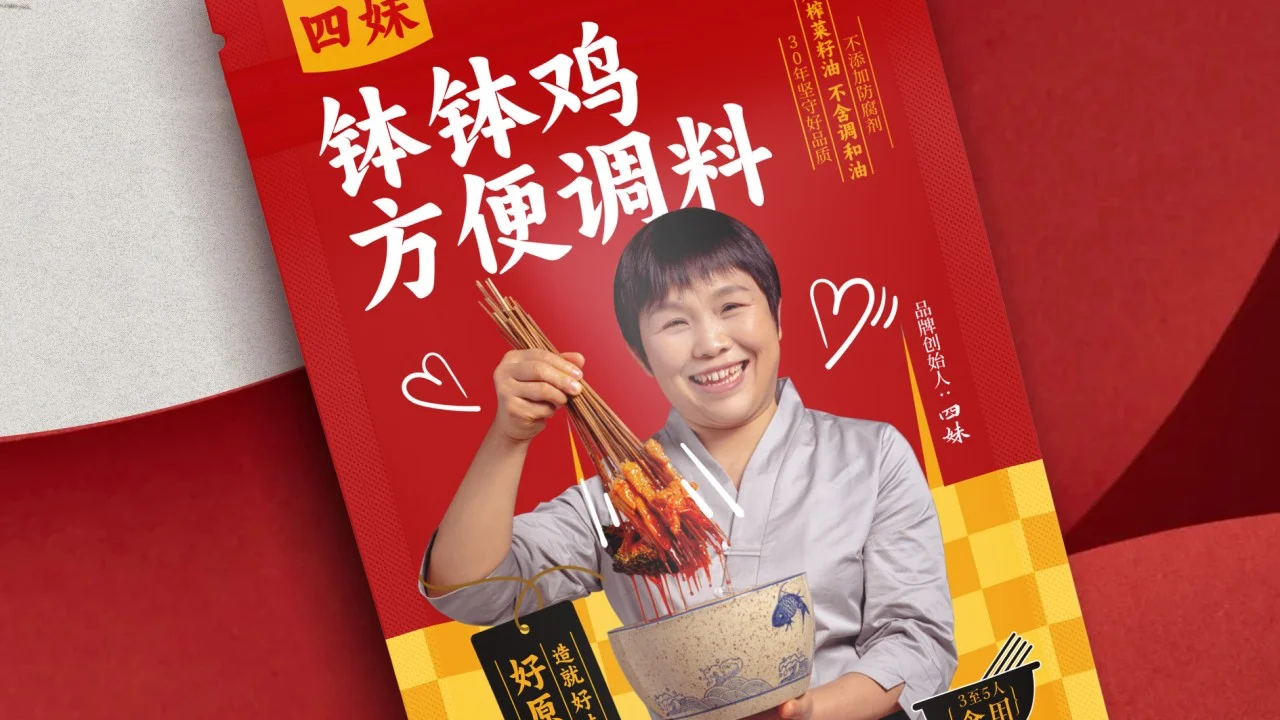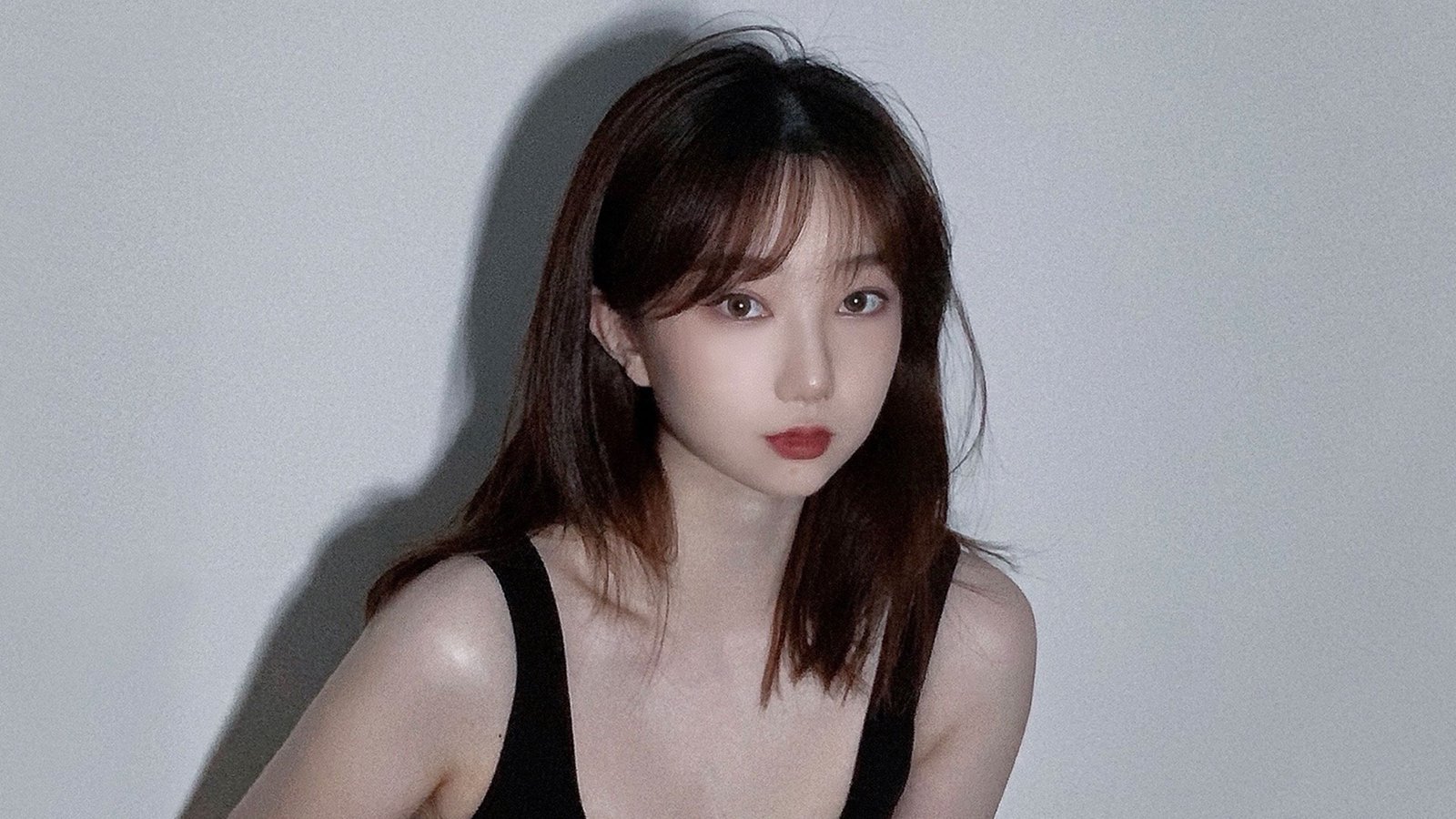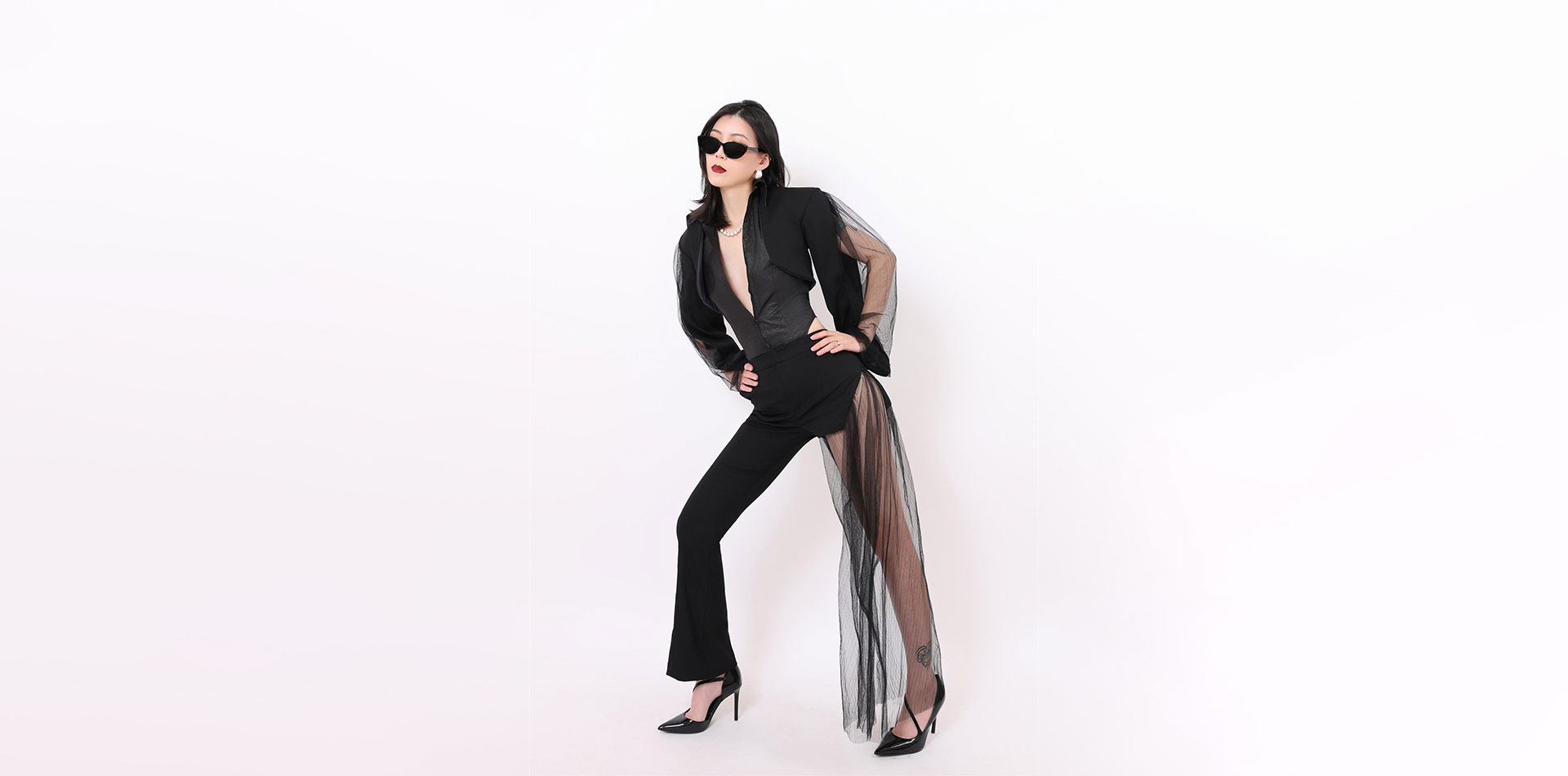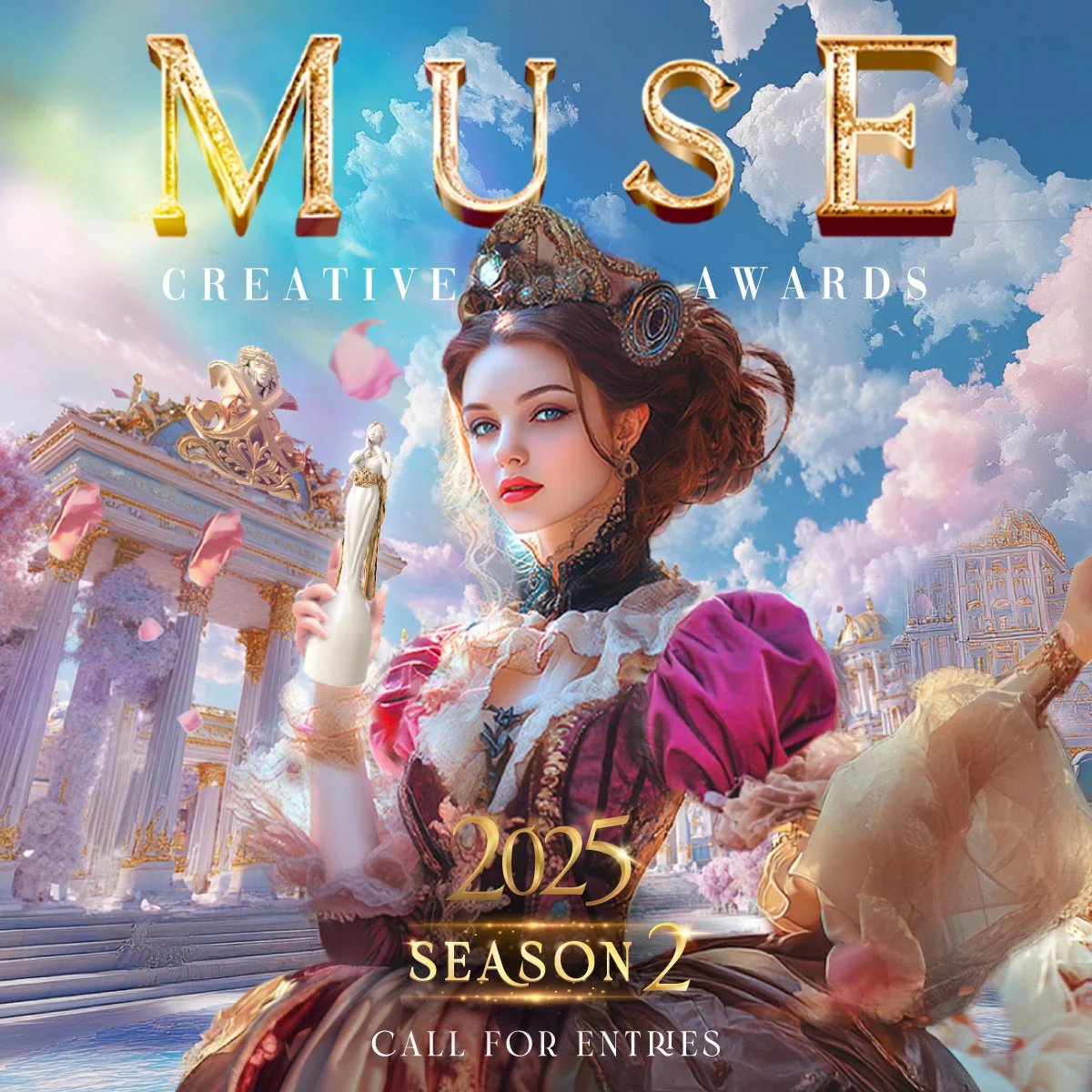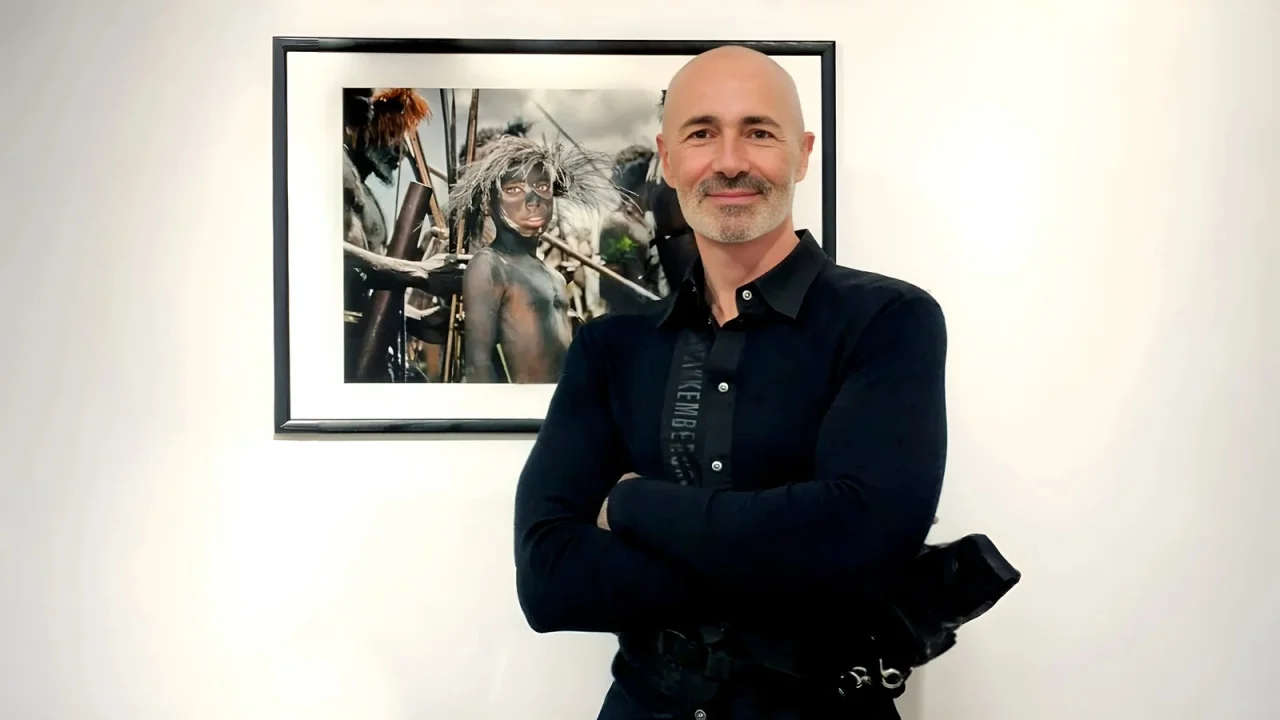Xinyi Chen Explores Female Identity and Power Through Fashion
Xinyi Chen
Xinyi Chen’s designs highlight the complexity and strength of modern women, moving beyond traditional stereotypes of femininity. Through innovative materials and tailoring, she redefines female power by emphasizing women’s awareness, control, and freedom to express their own identities.
Thank you! I’m a fashion designer who transitioned into this field after earning an MBA in 2021. I later studied at FIDM in Los Angeles, driven by a strong passion for design. What inspired me was the realization that clothing is not only a medium for beauty but also a language for identity, power, and emotion.
It’s an incredible affirmation of both my personal journey and creative philosophy. Coming from a non-traditional background, being recognized by MUSE proves that fashion can be both emotionally powerful and intellectually rigorous. It motivates me to keep pushing boundaries in design.
This recognition has been a deeply personal encouragement. Coming from a non-traditional background, receiving a MUSE Design Awards gave me greater confidence in my direction as a designer. It’s also a meaningful milestone as I continue to build my creative voice and portfolio.
Experimentation is essential—it’s how I discover new ways to express complexity. For The Form of Power, I experimented with combining contrasting materials like velvet, leather, and mesh, which resulted in unexpected harmony. It allowed the garment to reflect multidimensional femininity.
One day, I noticed how I often crossed my legs and kept my arms close in public spaces, unconsciously making myself smaller. That moment led me to reflect on how social expectations shape posture—and how posture shapes design. I designed a silhouette that encouraged expansion instead of containment.
It’s not just about visual aesthetics—it’s emotional, strategic, and often deeply personal. Every fold, seam, and proportion in a garment carries intention and often, a story.
I approach it as a dialogue, not a compromise. I listen carefully to the client’s needs and then reinterpret them through my vision. The best outcomes happen when mutual trust creates space for bold ideas.
One of the main challenges was achieving a balance between structure and fluidity—especially when working with contrasting fabrics like leather, velvet, suiting wool, and mesh. Each material had its own behavior, and combining them without losing the visual harmony was technically demanding.
I spent a lot of time testing seam techniques, layering orders, and proportions to make sure each piece held its shape while still allowing movement and lightness. It was a learning process, but also a very rewarding one.
I usually give myself space to pause without pressure. Sometimes I revisit textures, colors, or fabrics without an end goal—just to feel them again. I also turn to music, poetry, or visual art that evokes emotion. Rather than forcing ideas, I try to shift my focus back to why I started creating in the first place. That quiet reconnection with intuition often brings clarity.
My designs reflect a belief in duality—rationality and emotion, strength and vulnerability. As someone who shifted careers, I have a deep understanding of transformation and identity, which fuels my approach to women’s fashion.
Take the time to understand what matters to you—not just aesthetically, but emotionally and ethically. Trends come and go, but a clear point of view lasts. Also, don’t be afraid to start from a non-traditional path. Your background is not a limitation—it can be your strength.
Design is not a straight line, and success rarely comes instantly. Stay curious, stay honest, and build something that feels true to you.
I would choose Alexander McQueen. His work was fearless, emotionally raw, and structurally groundbreaking. What moves me most is how he turned personal pain, history, and cultural commentary into hauntingly beautiful garments. I deeply admire his ability to push the boundaries of fashion as both art and narrative.
I hope people ask me what I want my designs to make them feel, because for me, it’s about women feeling truly seen—feeling both powerful and understood, wearing pieces that reflect their authentic identity rather than conforming to stereotypes.
Winning Entry
Explore another journey of Yu Qian, the Gold Winner of the 2025 MUSE Design Awards. She blends pharmacy knowledge with personal experience to explore mental health in The Treatment of Soul.
ADVERTISEMENT
